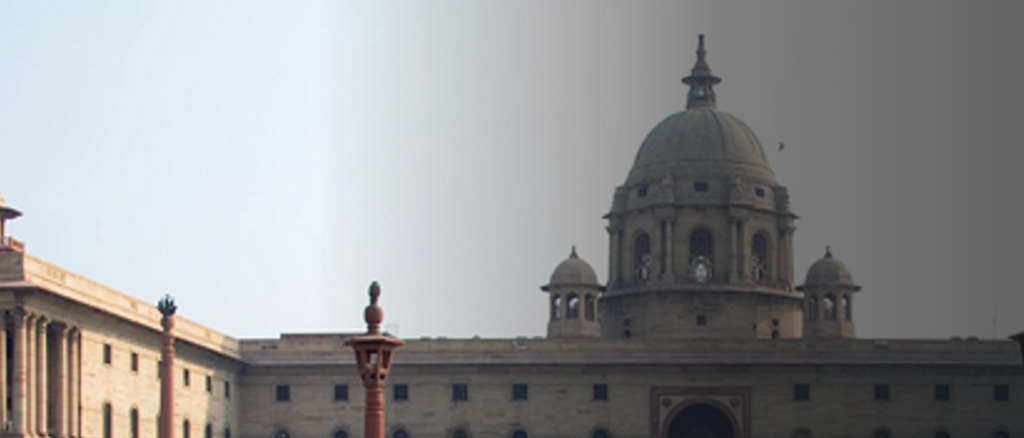The Lucknow bench of the Allahabad High Court delivered a significant verdict on Wednesday, asserting that distributing the Bible and disseminating positive teachings cannot be construed as inducements for religious conversions. This decision led to the release on bail of two individuals who had been accused under the UP Prohibition of Unlawful Conversion of Religion Act, 2021. Justice Shamim Ahmad, in his ruling, also emphasized that only an aggrieved person or their family could file a First Information Report (FIR) for offenses under this Act.
Best 100 books for competitive exam preparation
The Accused and Their Allegations
The appellants in this case, Jose Papachen and Sheeja, had been charged with enticing members of scheduled castes and scheduled tribes to convert to Christianity. The allegations resulted in their arrest and incarceration following an FIR filed by a BJP office-bearer in UP’s Ambedkarnagar district on January 24.
Court’s Observations
During the hearing of their appeal, Justice Ahmad made a crucial observation. He stated, “Providing good education, distributing the holy Bible, promoting children’s education, organizing village gatherings, hosting community feasts, and advising villagers to avoid altercations and abstain from alcohol consumption do not constitute inducements under the 2021 (anti-conversion) Act.”

Lucknow
Claims of Innocence
The appellants vehemently asserted their innocence, alleging that they had been falsely implicated due to political rivalry.
In summary, the court’s ruling clarifies that actions such as distributing religious texts and imparting positive teachings should not be construed as attempts to induce religious conversions under the law. This decision is pivotal in understanding the legal nuances surrounding religious conversions and their regulation.

